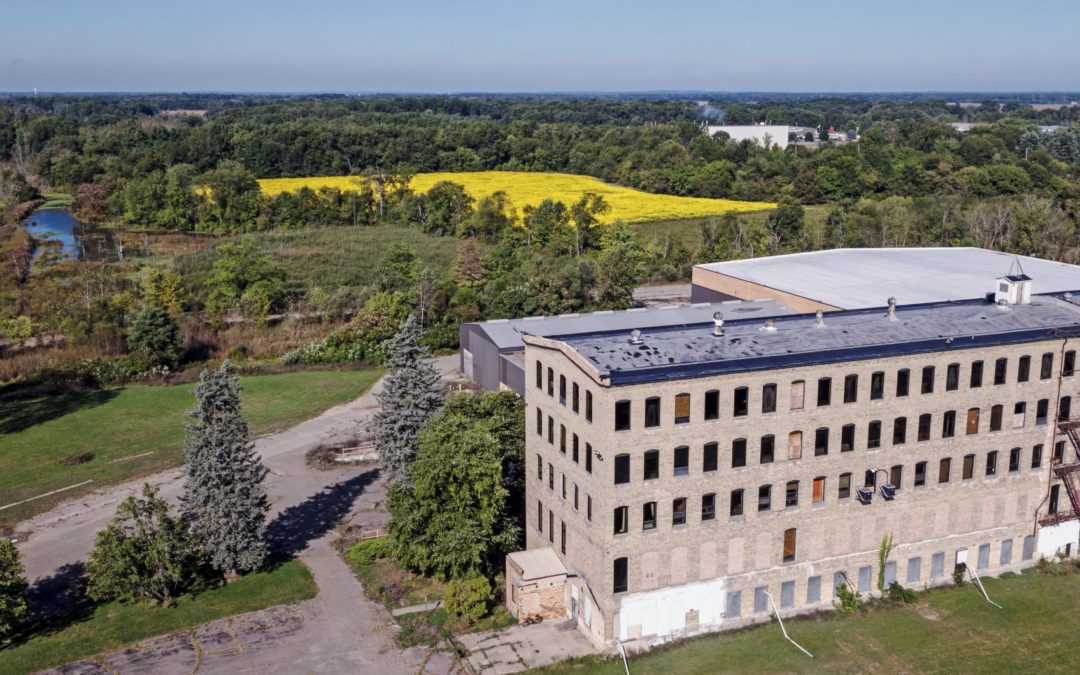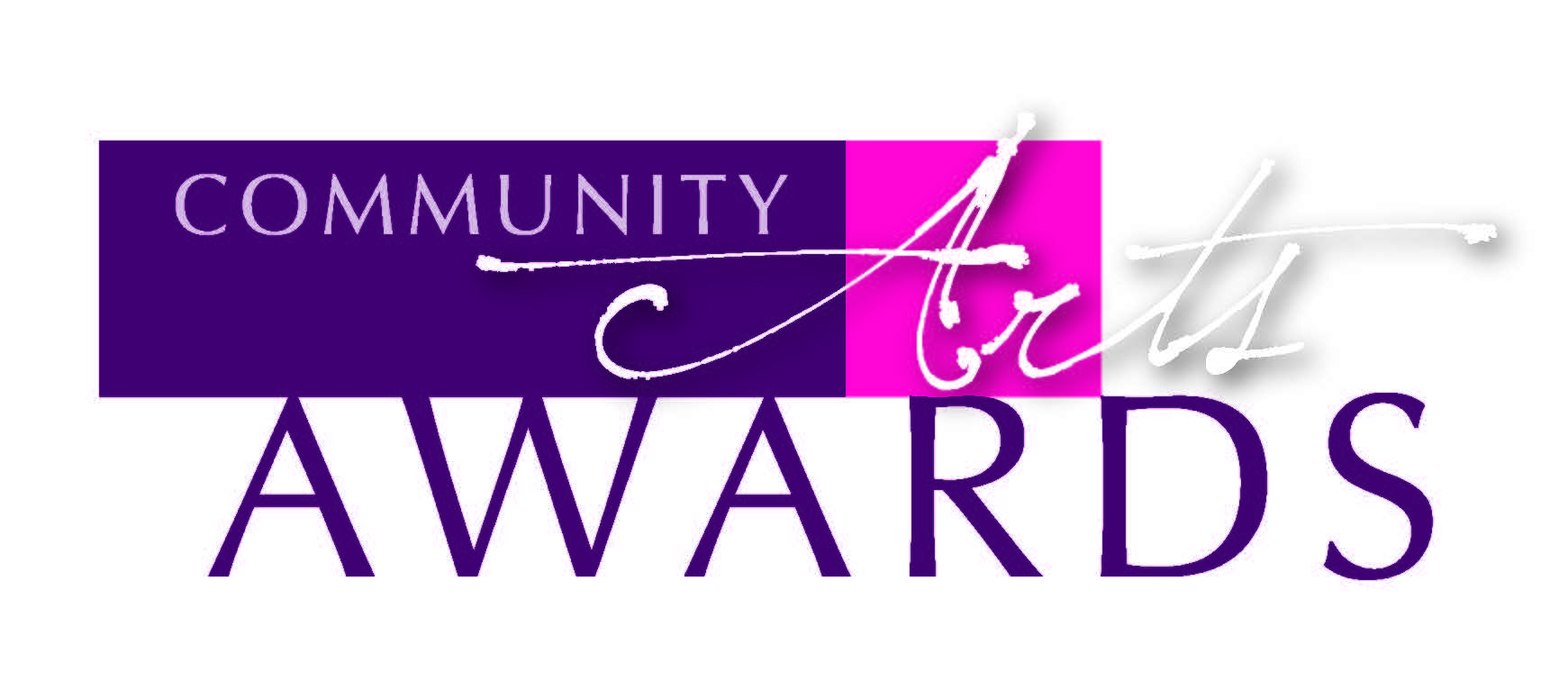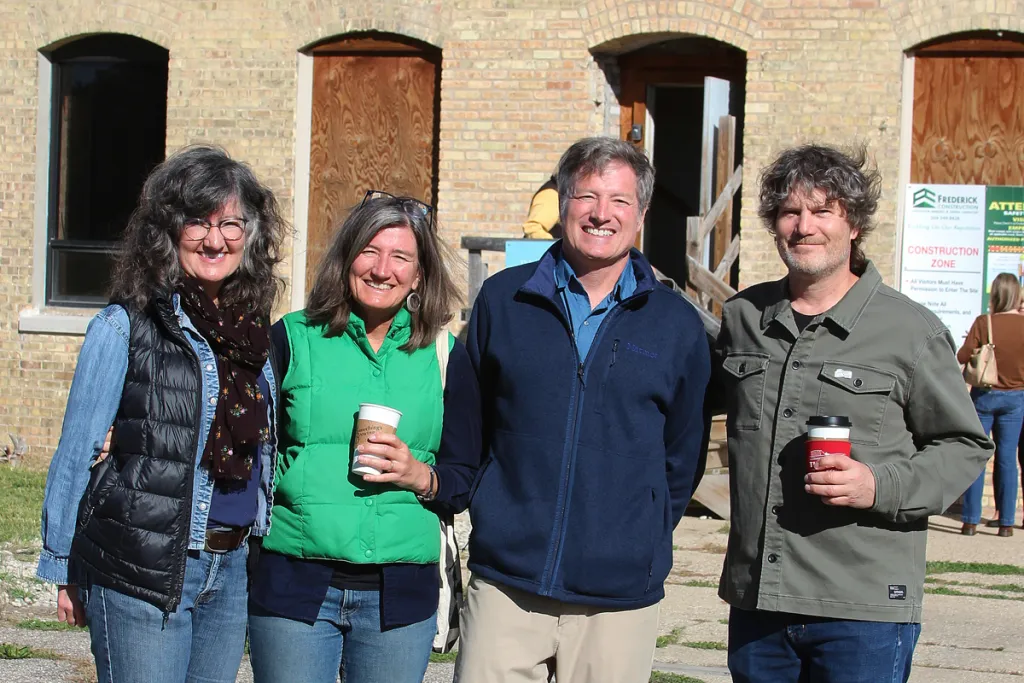By Sue Moore via South County News
Rob Richardson and John Kern examine the pollinator plot on 80 acres on the west side of the Mill that his farm team planted to buckwheat and sunflowers in mid-July. “We got good germination with the goal being to flower when school starts so the classrooms in ag science could do field study. The buckwheat is used to outrace the weeds,” he said. “I’m excited as this is the type of farming I don’t get to do much of the time. We can use the buckwheat rather than a herbicide to control the weeds.”
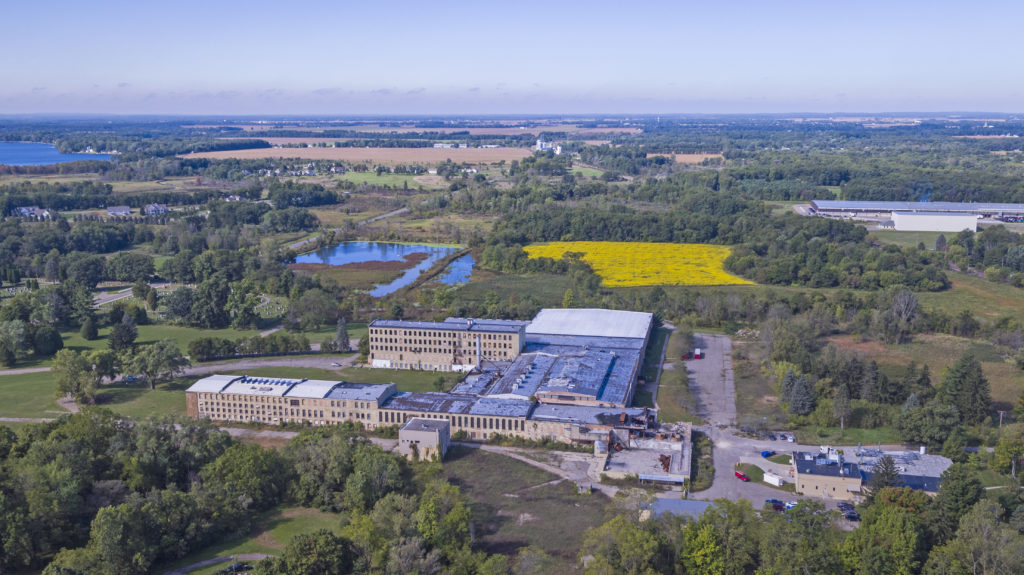
“It’s a pretty a magical time out at the Mill acreage right now,” exclaimed John Kern, Paper City’s community outreach and education coordinator. He was surveying sunflowers in full bloom on part of the 80 acres west of the mill.
The 16-acre tillable field had lain fallow for many years. Last year, Richardson Farms was contracted to bring in plows to turn the soil and plant daikon radishes and oats to condition it and begin weed suppression. This summer, Rob Richardson recommended buckwheat and safflower to enrich the soil. Safflower was unavailable; sunflowers were planted instead. Seeds were planted in July in time for high school horticulture classes to study the growing plants. Larry Willis, a local beekeeper and Vicksburg Farmers’ Market vendor, brought his bees to the site when the buckwheat was in full bloom to work their magic. The honeybees have made a seamless transition to working the sunflowers and are frequently seen covered with pollen and carrying full loads back to the hive.
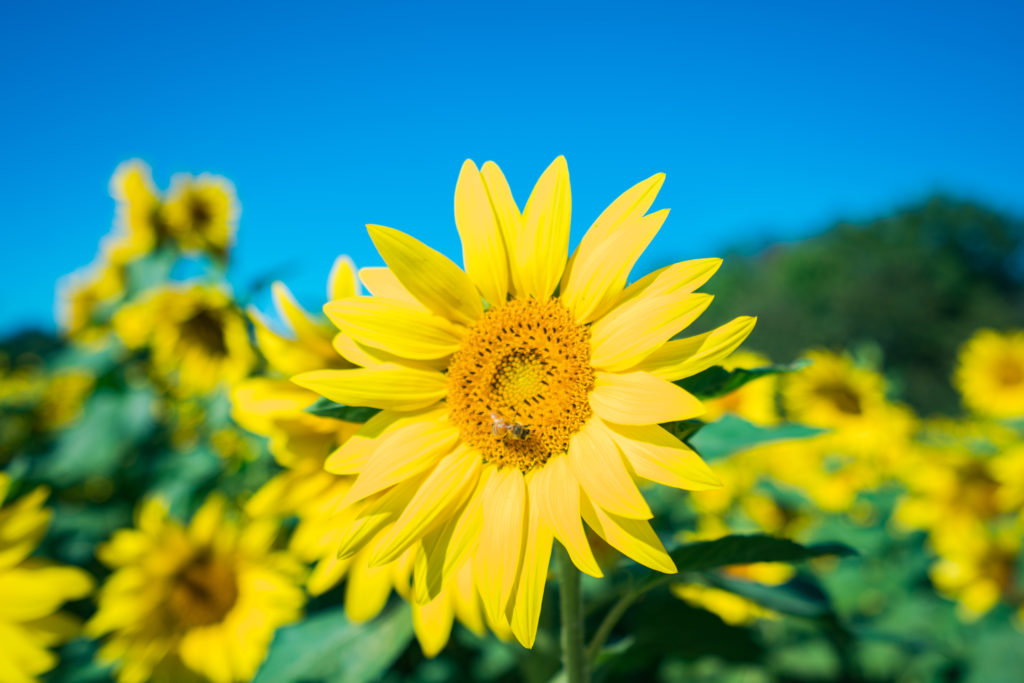
“All eight acres of the sunflowers are in full roar, and the local high school horticulture class was out to scout the site for an edible forest and to plant milkweed seeds to provide a monarch butterfly habitat,” Kern said.
This is part of a pollination project that the Mill is providing to Kalamazoo Regional Education Service Agency and Vicksburg High School’s wildlife/natural resources and horticulture classes involved with agri-science activities at the Mill. “The students began with safety training and a pollinator unit as part of their classroom work. So much of what humans grow is dependent on pollinators to thrive,”their instructor said. All told, over 150 high school students have visited the pollinator habitat at the Mill, and many of them will be working on various projects there throughout this school year.
A group from the horticulture class will also begin harvesting sunflowers from the Mill site this coming week. They hope to dry them for autumn decorations, and perhaps use some in fresh form as well. They also have the potential of harvesting some for seed according to their teacher, Dr. Noreen(Noni) Heikes.
The next major undertaking for the Vicksburg High School horticulture class will be learning basics of soil and soil testing. They will collect soil samples from uncontaminated agricultural land at the Mill site and test them. Their results will be used as they research apple and pear varieties to plant in the Edible Food Forest. They can amend the soil as needed, select varieties, graft or obtain root stock, plan a pest control program, and by spring plant the first fruit trees on the site. “If all goes well next year, we will be allowing access to several acres of land for Kalamazoo county schools to involve the Future Farmers of America programs to plant all sorts of crops, tend to those crops,” Kern said.
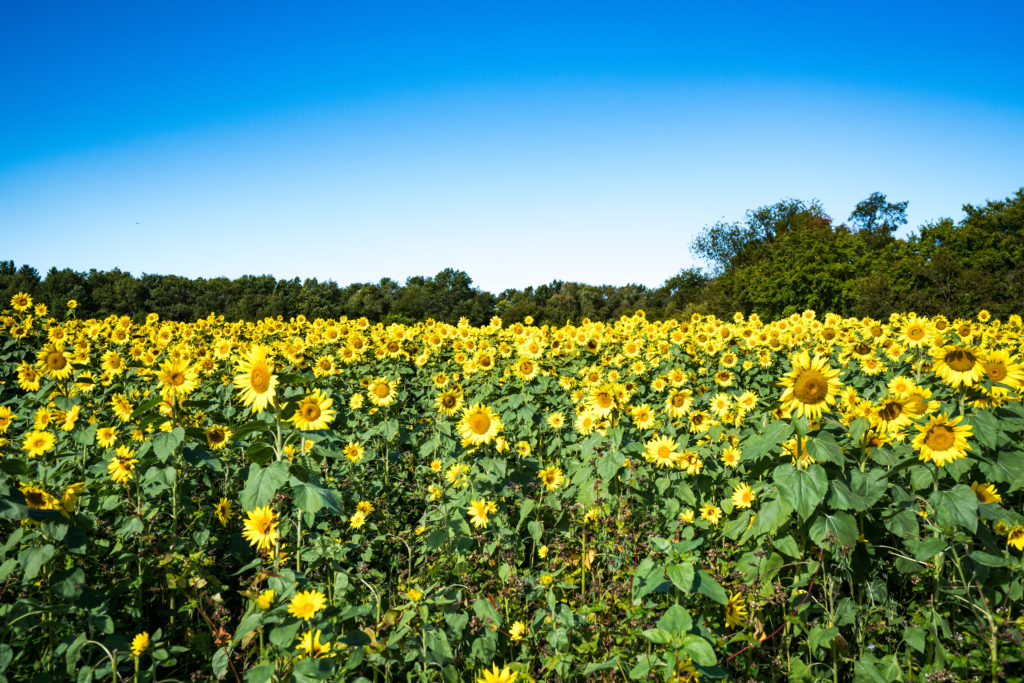
The wildlife and natural resources class is a large, active class of mostly seniors. They have also completed safety training and a brief unit on pollinators, along with a visit to the pollinator habitat. While there, they were able to make targeted observations of the pollinators at work, as well as look for signs of other wild animals and observe various plants growing in and around the planting area. They are currently learning about surface water quality and will be examining samples from several local lakes and streams.
The students found their time learning about pollinators to be well spent. All commented that after studying about bees and pollinators and visiting the habitat, their view of bees in particular had changed dramatically. “Before, bees were a nuisance that stung you. Now, I understand that bees are super important to growing food. They are interesting and have complicated behaviors,” summarized one student.
